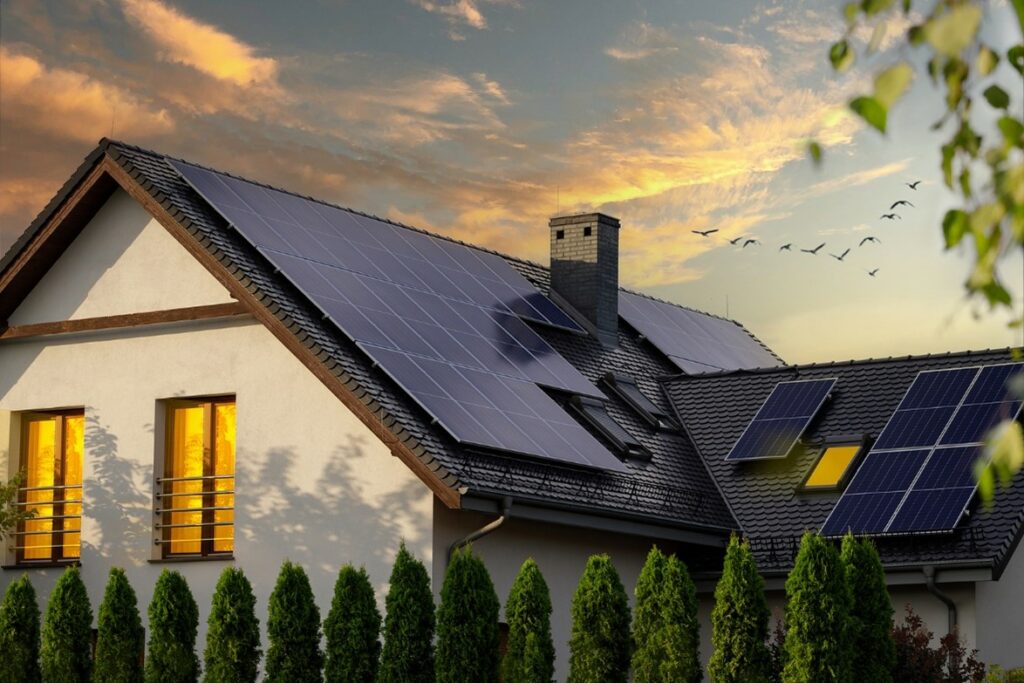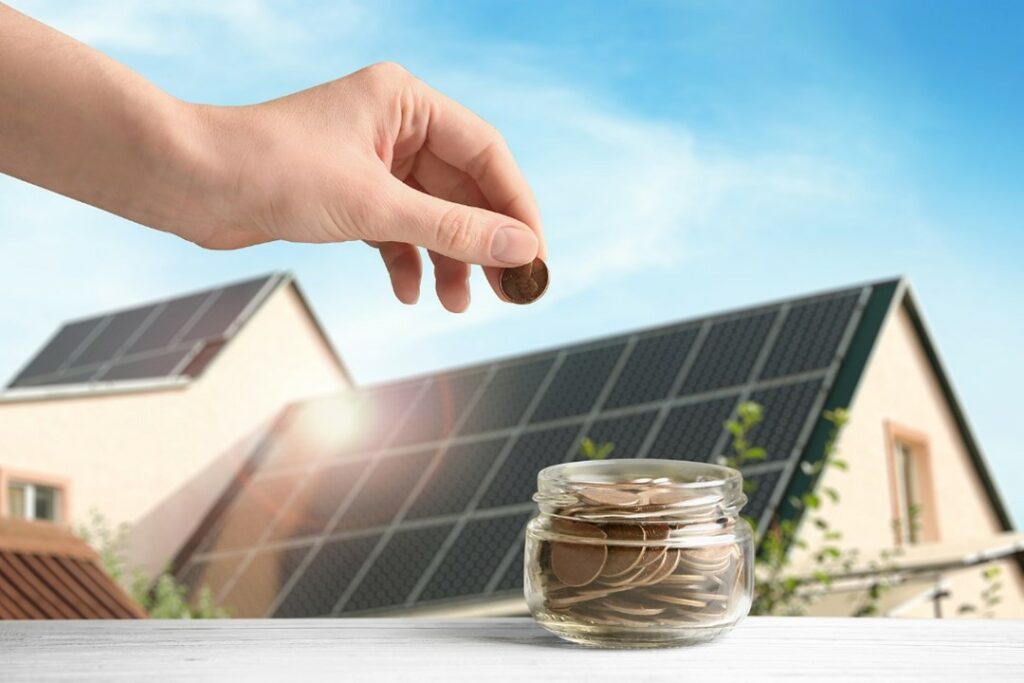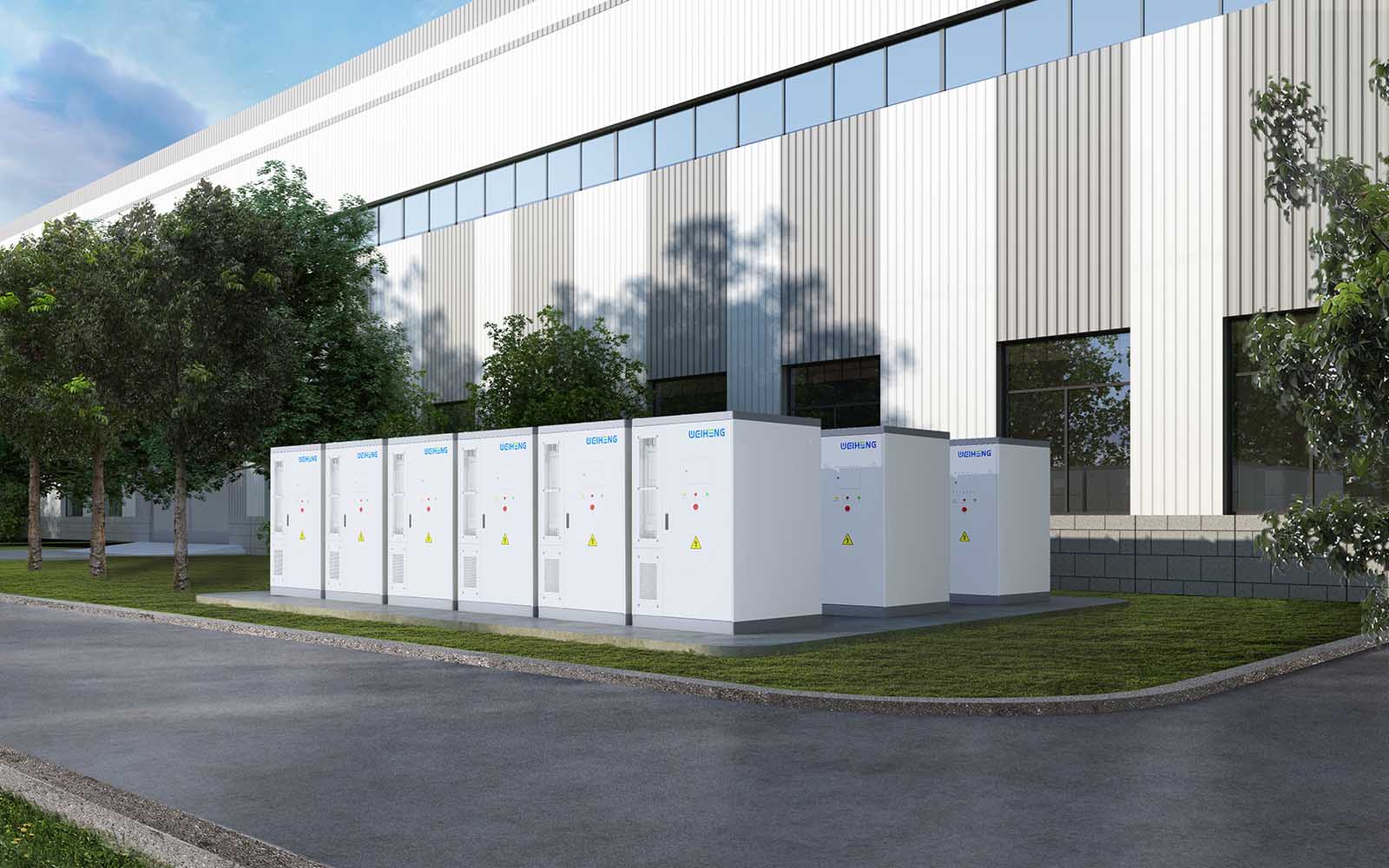
With solar technology continuously rising in popularity, it is understandable why some people are considering jumping on the train and setting up a solar network for their homes. However, solar networks can be daunting to think about, especially if you are going in blind with little knowledge of the solar industry. Thankfully, we’re here to shed some light on this and answer the question, “Is my house suitable for solar?“
Understanding Solar
Understanding a little about the solar industry before making any purchases is essential. The main principles of solar energy generation are pretty straightforward. Solar panels absorb light energy from the sun, which is then converted into electricity for use in a building or household.
There are several advantages to solar energy that explain its popularity. Firstly, solar panels are great long-term investments for saving money on energy bills, as renewable energy from solar panels is used instead of energy from the grid. Also, having a solar network is very environmentally friendly, placing less strain on the grid and providing an alternative, renewable energy source that reduces the need for fossil fuels.
Solar Suitability
Sure, that all seems straightforward, but the challenging aspect of solar energy is deciding whether your residence is suitable to take it on.
Roof characteristics
Solar panels are most often installed on a household’s roof. While this is not always the case, most homeowners do not have the outdoor space to install them anywhere else; thus, roof installation is their only option.
Therefore, it is vital to consider the roof characteristics, as these can strongly influence whether solar panels should be installed. For example, the structural integrity/condition of a house’s roof is a crucial factor to consider. A sound weight-bearing capacity is imperative for safety, especially when adding extra weight in the form of solar panels. Certain materials might not be able to support the weight of solar panels, so it is essential to review this before making any decision. Furthermore, if the condition of a roof is poor and will need changing a few years down the line, it is better to get this done before installing any panels to avoid disruption.
Condition is not the only consideration, however. The space of a roof is also a deciding factor for installing solar panels, as there must be sufficient roof space for them to be installed and work effectively.
Geography and sunlight exposure
This might seem obvious, but because solar energy is sourced from sunlight, a household’s geography and sunlight exposure are essential factors to consider.
Installing solar panels in an area that does not receive much sunlight will drastically impact their effectiveness. Likewise, even in areas that do receive sunlight, it is crucial to ensure that there are no obstructions that significantly reduce the amount of sunlight exposure that panels receive. Trees, in particular, can have a drastic impact. Thankfully, solar map tools are available to assess these issues. These tools provide detailed insights into the solar potential of a specific location, helping users understand whether their property is suitable for installations.
Climate conditions
Similar to the last point, the local climate and weather conditions surrounding a household will affect the performance of solar panels.
In sunny weather, solar panels work at their optimal capacity. The greater the sunlight intensity, the more electricity they can generate. It’s worth noting that solar panels convert light—not heat—from the sun into electricity, so even on a cold but sunny winter day, they can be highly effective.
Cloudy weather poses more of a challenge. While solar panels will still produce electricity on cloudy or overcast days, their output could be reduced by as much as 10-25% compared to sunny conditions. However, advanced technologies in newer solar panels have improved efficiency in these conditions.
Rain can benefit solar panels by helping to keep them clean. Dust and dirt can accumulate on solar panels, reducing their efficiency over time. A good rainfall can wash these away, improving the panels’ performance.
Snow can temporarily cover panels and halt production. However, in many cases, the panels produce enough heat to melt the snow, and their sloped installation helps the snow slide off. Moreover, cold, sunny winter conditions can benefit solar panels as they can operate more efficiently in cooler temperatures.
Energy Usage and Savings
Energy usage is likely one of the primary reasons a person would consider investing in solar. After all, you want to ensure you’re getting your money’s worth, right? Well, the long-term benefits of solar panels will be far more prominent if the household is a large electricity consumer. These households stand to gain the most from a switch to renewable energy sources, as they have greater energy needs than solar power can fulfil.

Contrary to this, the potential of solar panels would be lost on a household that uses very little energy. Given the significant initial investment that solar panels often require, households with lower energy requirements might not see the same immediate returns as their larger counterparts.
Policies and Regulations
Although this might not be obvious to some, governing bodies play a significant role in solar installation. Feed-in tariffs, tax breaks, and subsidies are a few examples of policies that can significantly reduce the cost of solar installation and increase consumers’ ability to afford it. These financial incentives have the potential to enhance demand and accelerate the uptake of solar energy systems.
On the other hand, some policy choices may make solar adoption more difficult. For example, strict building codes or zoning requirements may restrict the locations and methods of solar panel installation. Furthermore, the cost of solar installation may increase if regulatory bodies decide to eliminate or diminish favourable incentives, which would subsequently lower demand for solar energy.
To wrap up, the previous points make it clear that there are many considerations to consider before moving to solar energy for your home. Some households are clear believers in solar energy, whereas some might be less so. In any case, be sure to do your research before making a final decision.







